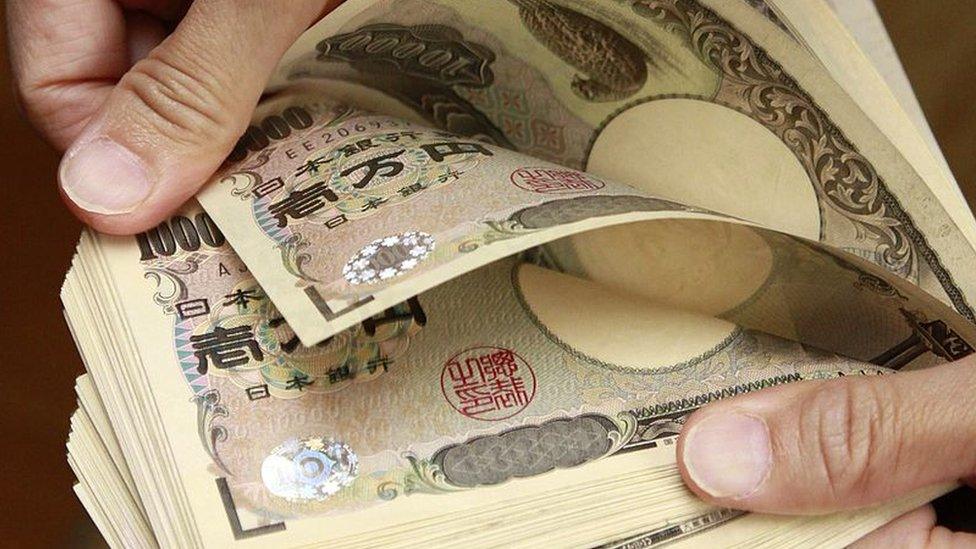Japan's yen rises after N Korea warning
- Published
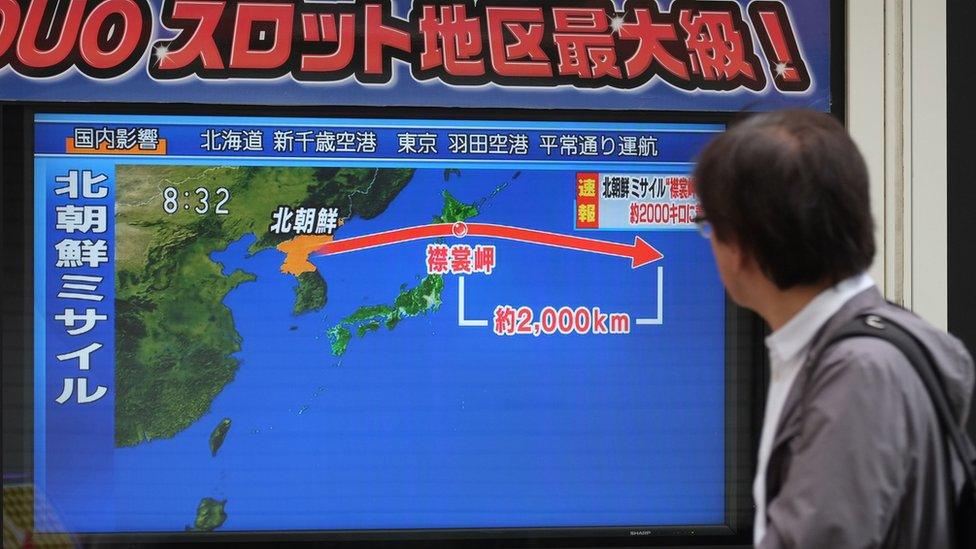
The yen edged up 0.3% against the dollar on Friday after North Korea suggested it might test a hydrogen bomb over the Pacific Ocean.
It is not unusual for Japan's currency to climb during a crisis, as investors seek a safe haven until risks ease.
But this crisis is slightly different, because the additional risks could be to Japan itself.
Analysts, however, say things would have to be catastrophic for investors to flee the currency.
The yen is an extremely resilient currency, and it has risen during previous times of crisis in Japan.
It climbed 0.8% against the dollar when North Korea fired a missile over Japan in late August, and also gained during a second launch two weeks later.
After the 2011 tsunami and nuclear disaster at Fukushima, there was such a surge that the government and the G7 countries had to intervene.
So what would it take to send investors running from the yen?
"It'd have to be a really, really extreme event. Even if there is a war, I'd expect the yen to strengthen," said Takuji Okubo from Japan Macro Advisors.
This latest crisis is nowhere near that level.
In fact, Mr Okubo said one reason the yen is strengthening right now is that Japanese investors actually think the risk of armed conflict is very low.
Instead, they are worried about the possible impact of a trade blockade or a drop in consumer sentiment hitting sales of homes or cars.
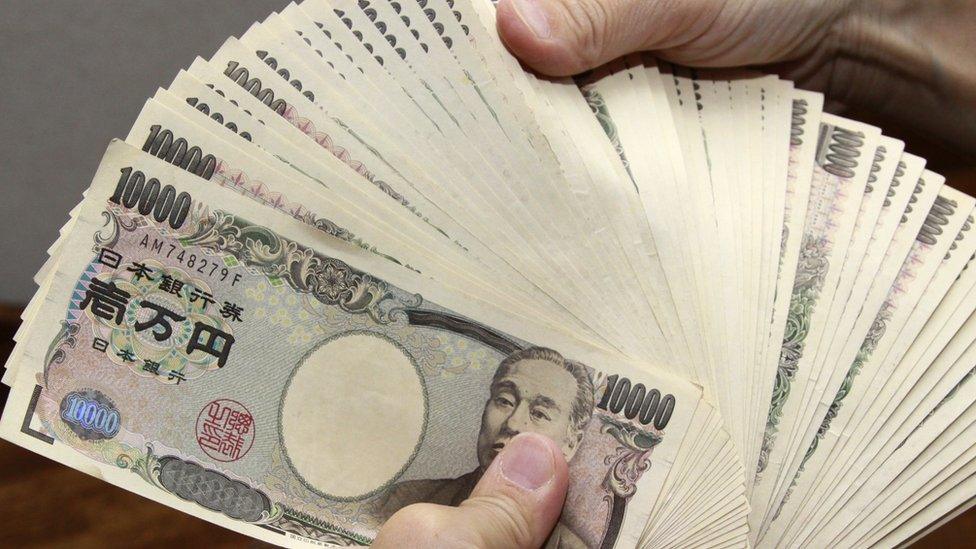
If the main risks are economic, then investors might not see much difference between this crisis and any other risk.
"If the risk is financial and economic, you would want to increase your cash reserve and generally curtail your risk exposure," he said.
Other options
Other analysts think investors simply lack other good options if their main goal is to to keep their money somewhere safe until conditions improve.
That includes the other traditional safe haven, the US dollar, in part because the Federal Reserve's current monetary policies might not be carried out if Janet Yellen is not reappointed as chair next year.
"Directionless, rudderless and leaderless America is looking unattractive" said David Kuo from the Motley Fool.
"Investors are therefore bereft of places to park their money. Switzerland is not big enough. Nor is Singapore. The eurozone is in a mess. So that just leaves Japan," he said.
- Published22 September 2017
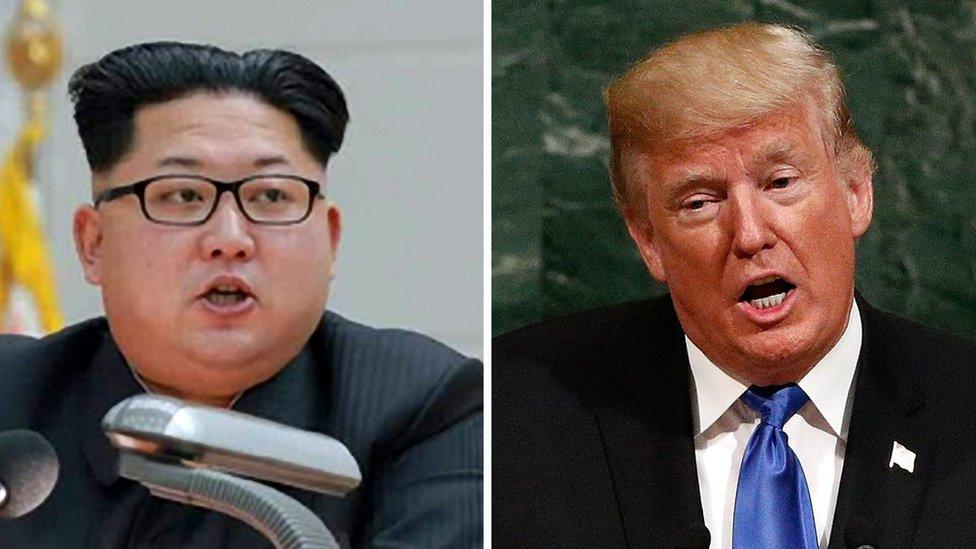
- Published25 September 2017
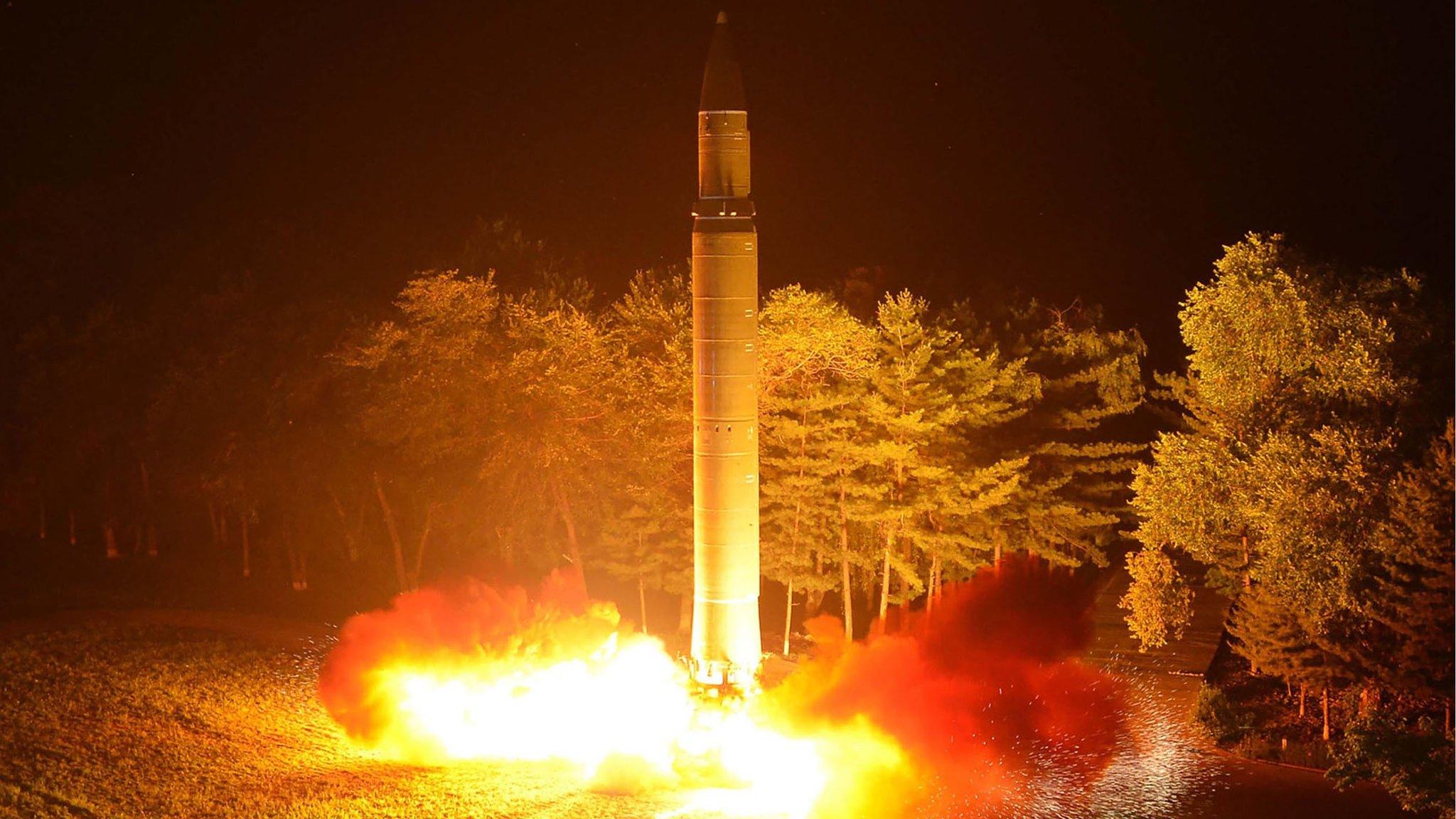
- Published13 June 2016
